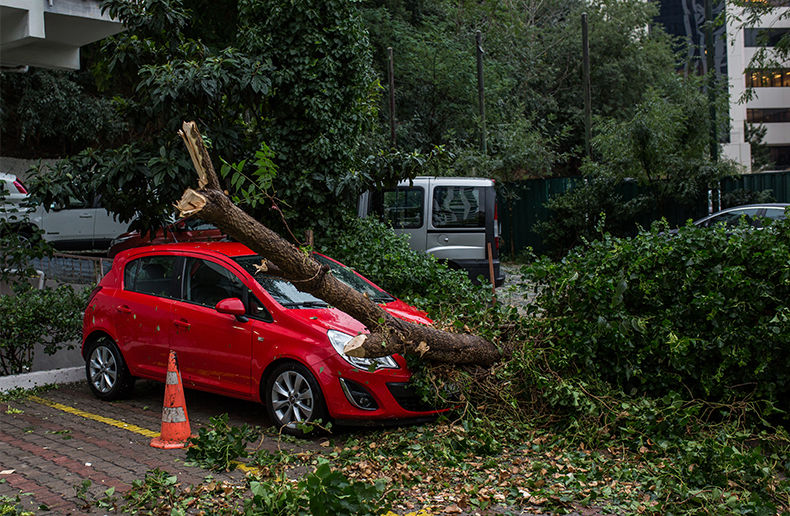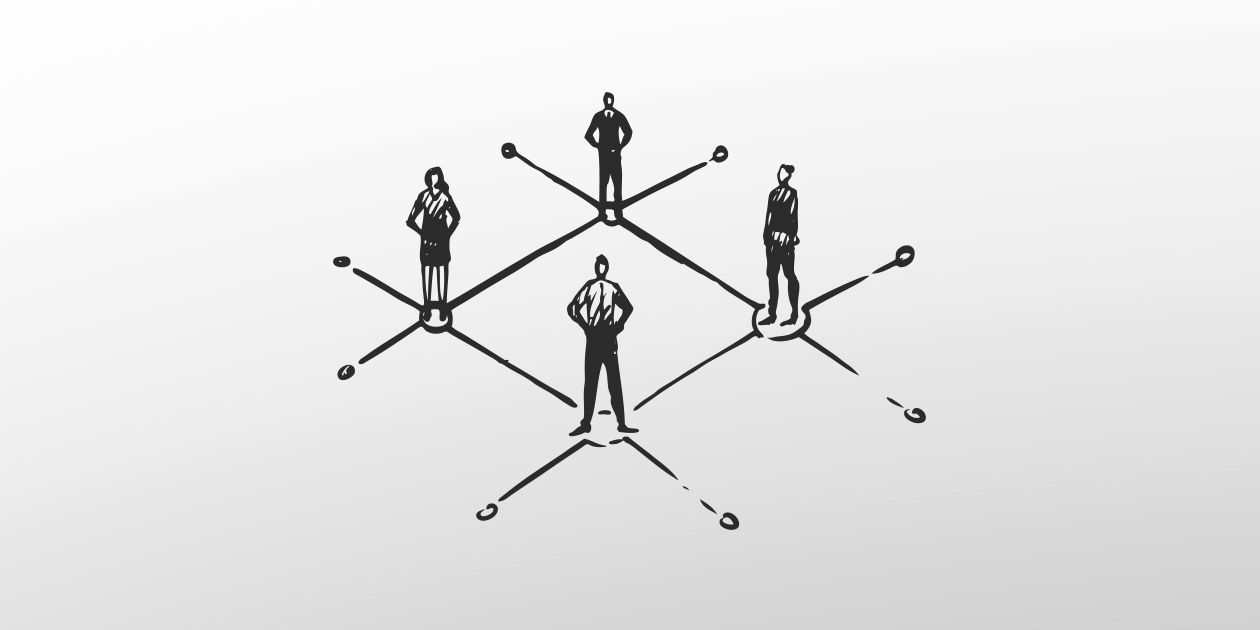The Insurance Bureau of Canada (IBC) is warning that insurance claims related to the August 5 hailstorm in Calgary, coupled with the province’s rate cap on auto insurance premiums, could be enough to push more insurers out of the province.
Implemented in 2024 after a year-long “rate pause,” the 3.7 per cent cap on auto insurance rate increases for good drivers was announced as a short-term measure while the government explores reform options to improve affordability. The IBC points out that this increase is not enough to offset cost pressures.
Legal costs
Among those cost pressures, the IBC says legal costs have grown 19 per cent, the cost of delivering care and recovery benefits to those injured in a collision is up about 27 per cent, the cost of replacement vehicles is up to 27 per cent higher today and the cost of auto theft is up 55 per cent in the province. More, they say Alberta’s health levy on auto insurers is up 60 per cent – a figure they call “staggering.”
In addition, it’s estimated that major hailstorms since 2020 have caused more than $1.54-billion in damage to vehicles.
Hailstorm losses
The August 5 hailstorm, meanwhile, is now the second-largest insured loss event in Canadian history, they add. Of the estimated $2.8-billion in insured damages and 130,000 claims the industry is processing, it’s estimated that auto damage claims represent about 70,000 claims worth over $900-million. The IBC calls the event unexpected.
“Prior to the hailstorm, auto insurers had already paid out more in claims and expenses in 2024 than they had received in premiums,” the IBC said in a statement. “Even those who do not have plans to withdraw from the market per se may be implementing cost savings measures that are reducing the accessibility and availability of auto insurance, given the lower relative profitability of the Alberta auto product and its uncertain future,” they add, citing Morningstar DBRS research.
“No business can operate when the product they sell costs more than the price they are allowed to charge,” the IBC statement concludes.







